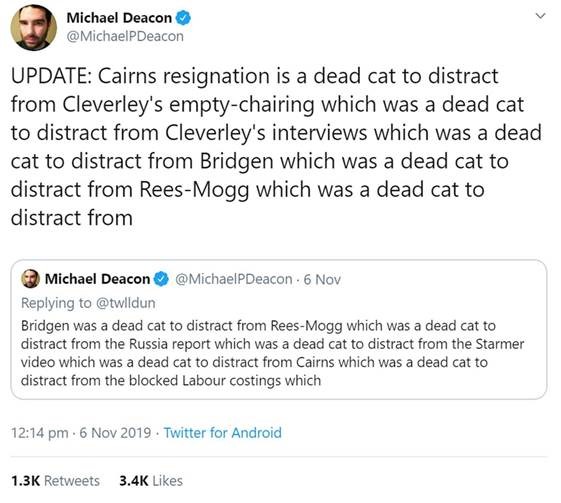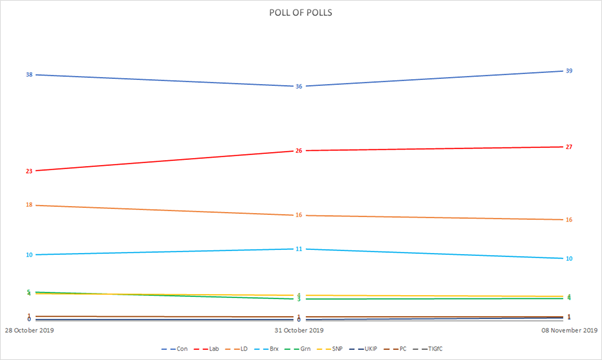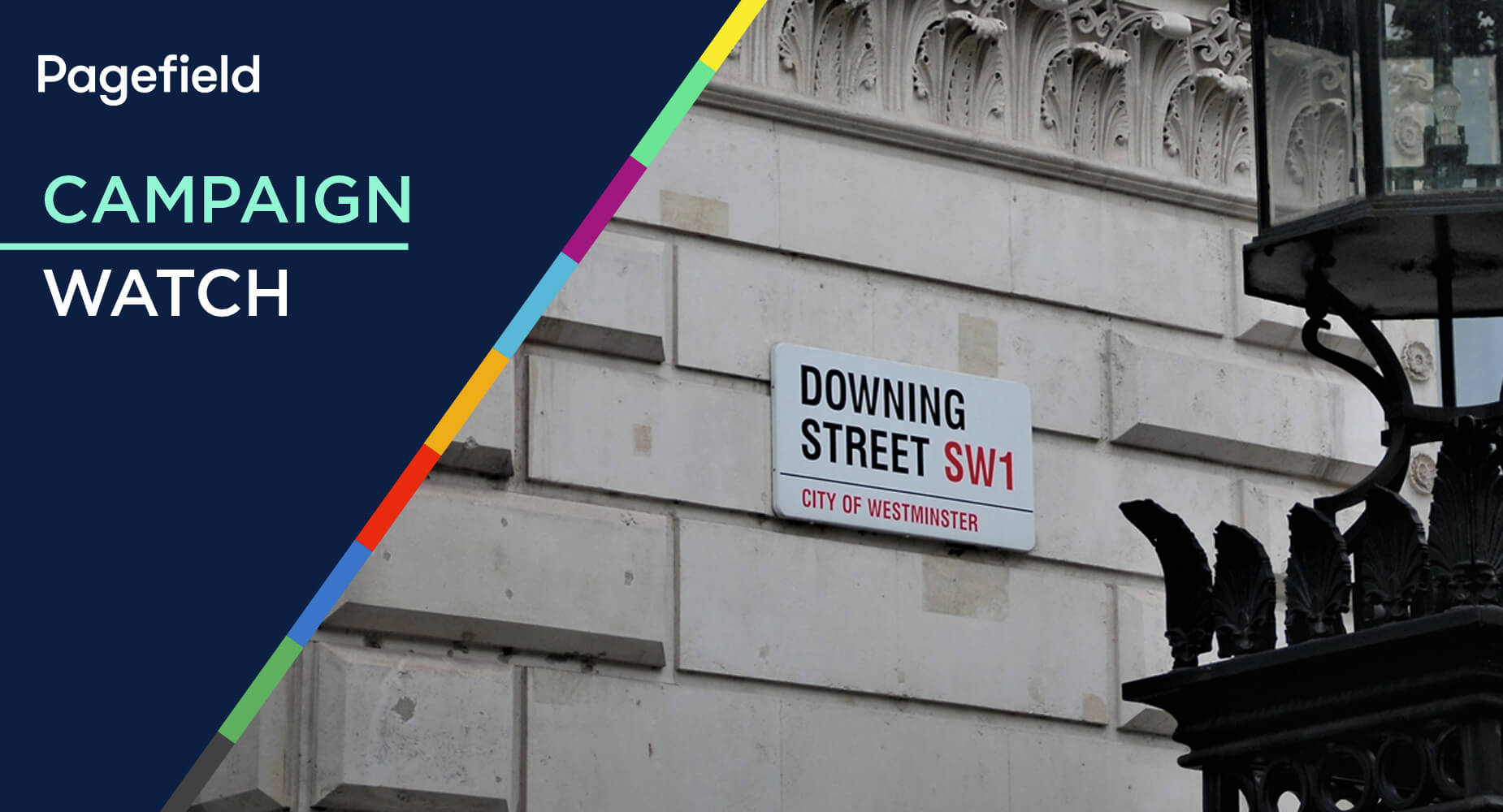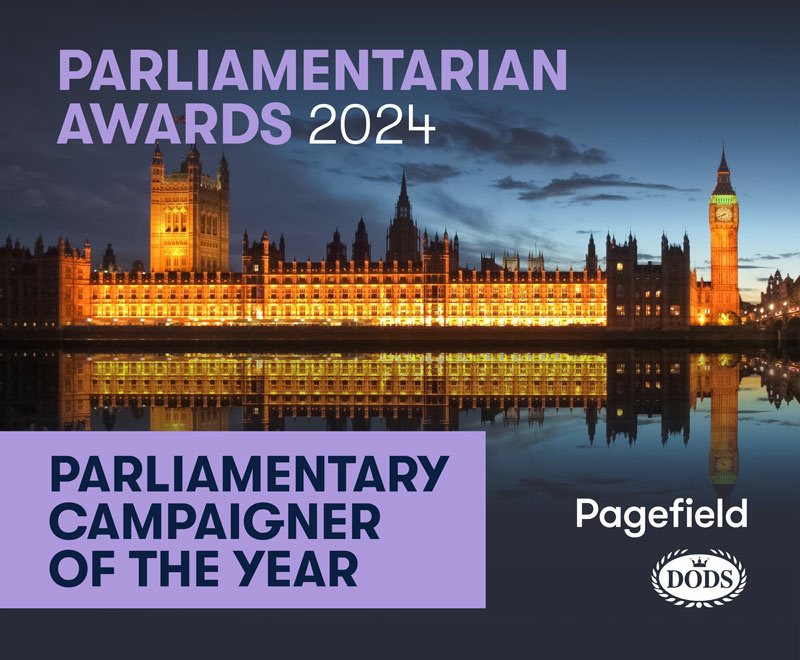Hello and welcome to the first of our General Election newsletters, a weekly digest of campaign developments and a look ahead of what to expect in the coming days.
The 2019 General Election kicked off with a week that none of the parties will want to repeat. The Labour Party took an early lead, winning the battle of the airwaves and landing plenty of positive coverage in print as well – they even got a double page spread in the Daily Telegraph with Jeremy Corbyn’s 10 commandments for 2020. But this all came crashing down around them at the end of the week with the resignation of Deputy Leader Tom Watson and some cutting remarks from MP Ian Austin who publicly proclaimed that Jeremy Corbyn was unfit to run the country and urged supporters of his own party to support Johnson instead.
Meanwhile, after a rocky start, with some tricky questions over their use of polling on social media, the Lib Dems began by hammering home a simple and effective message on Brexit: revoke! On the other side of the aisle, the Brexit Party has been dogged by candidates abandoning the cause and suggestions this morning that it may not win any seats at all.
But it’s the Tories who have arguably had the worst start to the campaign. The most generous analysts have suggested that the party is merely ‘scraping off the barnacles’ – the strategy of getting all the bad news out there before you launch the campaign in earnest. Perhaps this is Dominic Cummings’ plan but, on top of the gaffes, they have failed to land a single blow on any of the opposition parties so far, and the BBC is doing a better job of fact checking Corbyn’s pledges than Tory HQ.
SAVE THE DATE: Pagefield will be hosting an exclusive election debrief breakfast on Friday 13th December with a panel of experts and insiders from across the political spectrum, picking through the results and sharing insight on what will happen next. Full details to follow.
PAGEFIELD INSIGHT: Check out our latest blog from Hamish Campbell-Shore who takes a look at the key battlegrounds and constituencies to watch in the campaign.
Policy of the week
The main focus of the week was the economy, with the Chancellor Sajid Javid and his shadow, John McDonnell, both giving midweek speeches on their spending plans. Election campaigns are usually framed by spending promises and it appears from week 1 of this election contest that the Conservatives and Labour are fighting on similar territory, highlighting lessons learned from the poorly-judged 2017 May campaign focus on Brexit.
Both would-be Chancellors made clear their intention to depart from the Cameron and May eras, outlining substantial spending packages. Mr Javid set out a series of new fiscal rules based on the ability of the government to borrow at low interest rates in order to fund a £20bn infrastructure spending spree, while also promising to balance the current government budget within three years. This may well help his leader, Boris Johnson, sell his manifesto to regional towns and cities that feel they have missed out on government investment over past decades, but it risks limiting the effectiveness of other spending commitments – such as tax cuts – made later in the campaign.
Mr McDonnell went a step further by doing away with fiscal targets altogether, freeing up £400bn to spend on energy, transport, schools and hospitals. Speaking in Liverpool, he too aimed his pitch at the British regions, announcing plans to move a new “National Transformation Unit” of the Treasury to the north of England.
Expect the weekend papers and appearances on Marr, Ridge et al to be filled with analysis and takedowns of the two main parties’ spending plans before the campaigns expand upon their domestic agendas next week, starting with a focus on healthcare today.
Star performer
And the winner is… No one
We couldn’t truthfully pick a winning campaigner from this week, with politicians seemingly universally struggling to avoid major gaffes when interviewed, or in one case to even turn up. If really pushed, Jo Swinson could perhaps claim this week’s prize, but only by dint of avoiding any major disaster…
Gaffe of the week
In a blunder-filled week for the Tories, Jacob Rees-Mogg and Andrew Bridgen both lacked the “common sense” themselves to discuss the Grenfell Tower fire and James Cleverly scored two own goals by defending the Party’s ‘doctored’ video of Keir Starmer, before failing to fill Kay Burley’s chair in the Sky News studio.
On the other side of the aisle, the Labour PPC for Pudsey will now be hiding behind her canvassing team after she compared celebrating the death of Tony Blair to cheering Adolf Hitler’s demise.
Hot take
Sir Lynton Crosby’s ‘dead cat strategy’ is often used as cover for political strategists when something goes wrong. If the campaign’s going well then it’s all thanks to them, if there’s a bump in the road then it must be part of the master plan. This week it’s been raining cats – all hail the political masterminds!

Poll of polls
Each week, we will be providing a summary of all the polls, from the start of the campaign, in the below tracker to show the impact of the respective campaigns on voting intention. This will be updated every Friday and will form the basis of our weekly campaign analysis.

What to expect next week
The bidding war between the Chancellor and Shadow Chancellor – who both announced their plans for spending yesterday – may well spill over into the early part of next week as we await the next tranche of eye-catching election pledges.
Keep an eye out for Labour MPs throwing their hats into the ring to replace outgoing Deputy Leader, Tom Watson, with Shadow Secretary of State for Women and Equalities, Dawn Butler, confirming that she will stand.
Expect the Tory party to hammer home their “Unleash Britain’s Potential” message as they try to get their campaign back on track, with visits to academies and free schools in the mix for next week.




